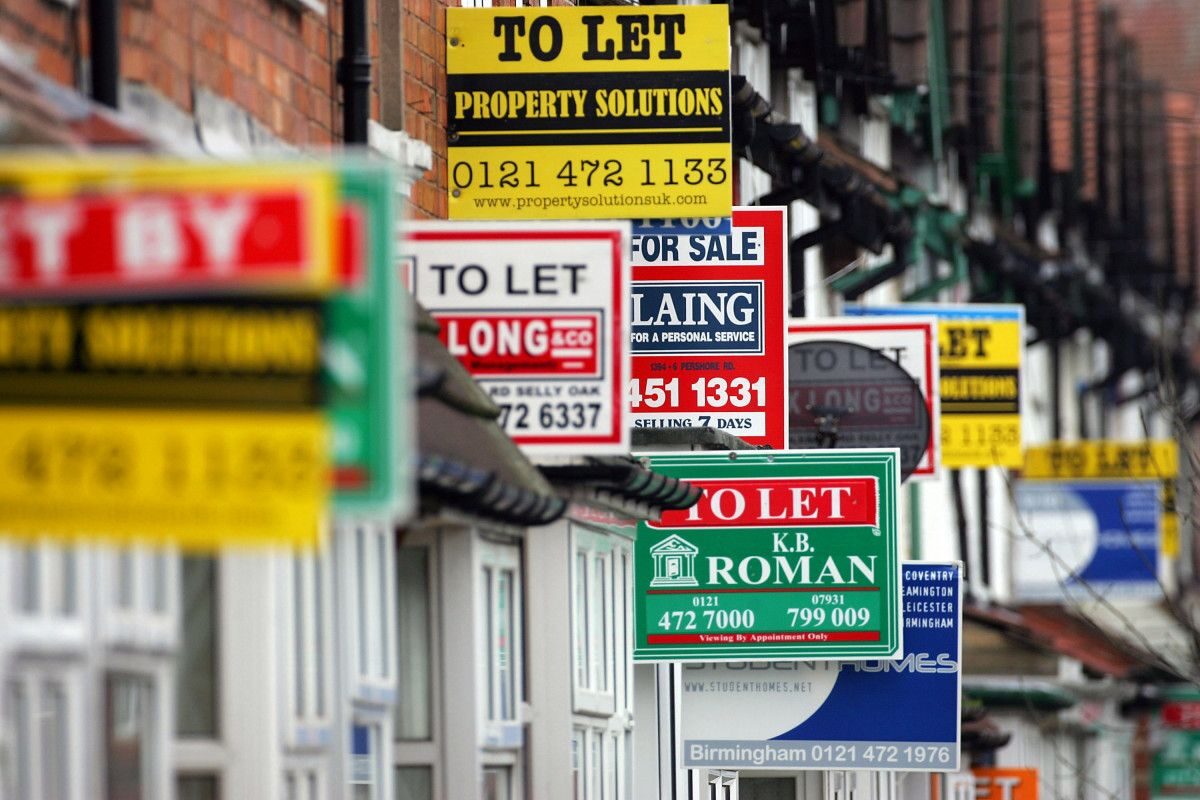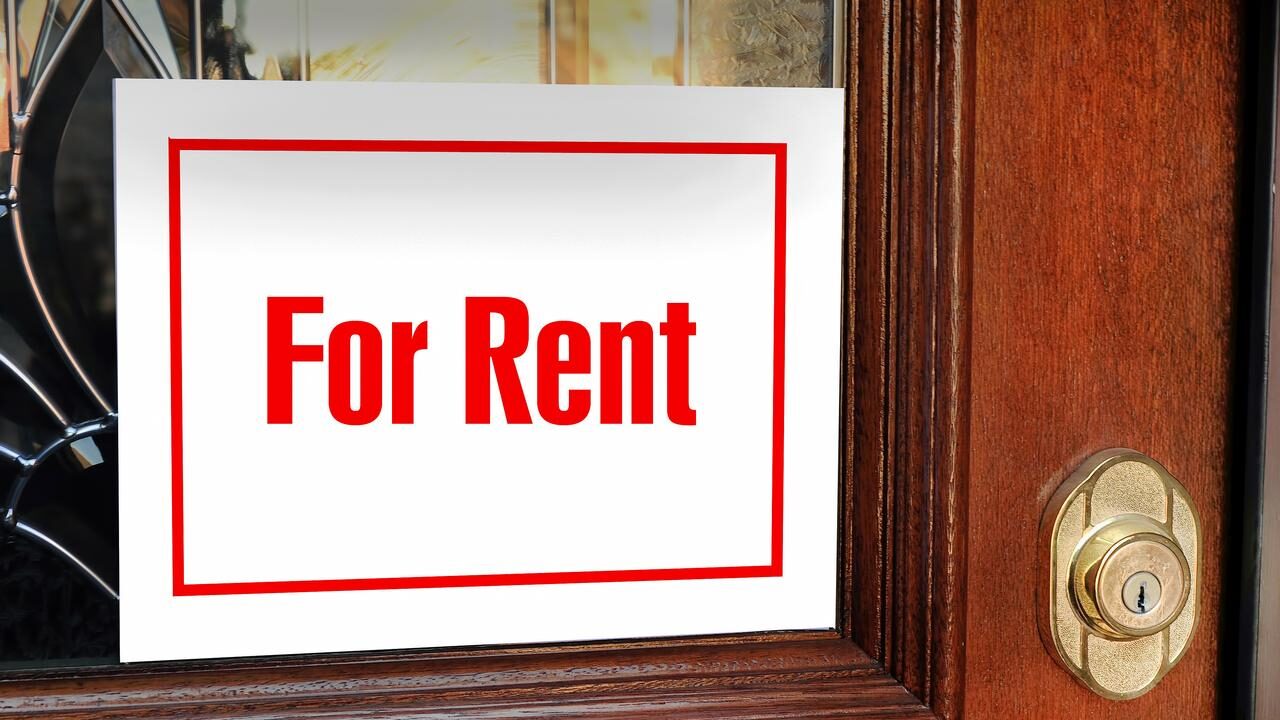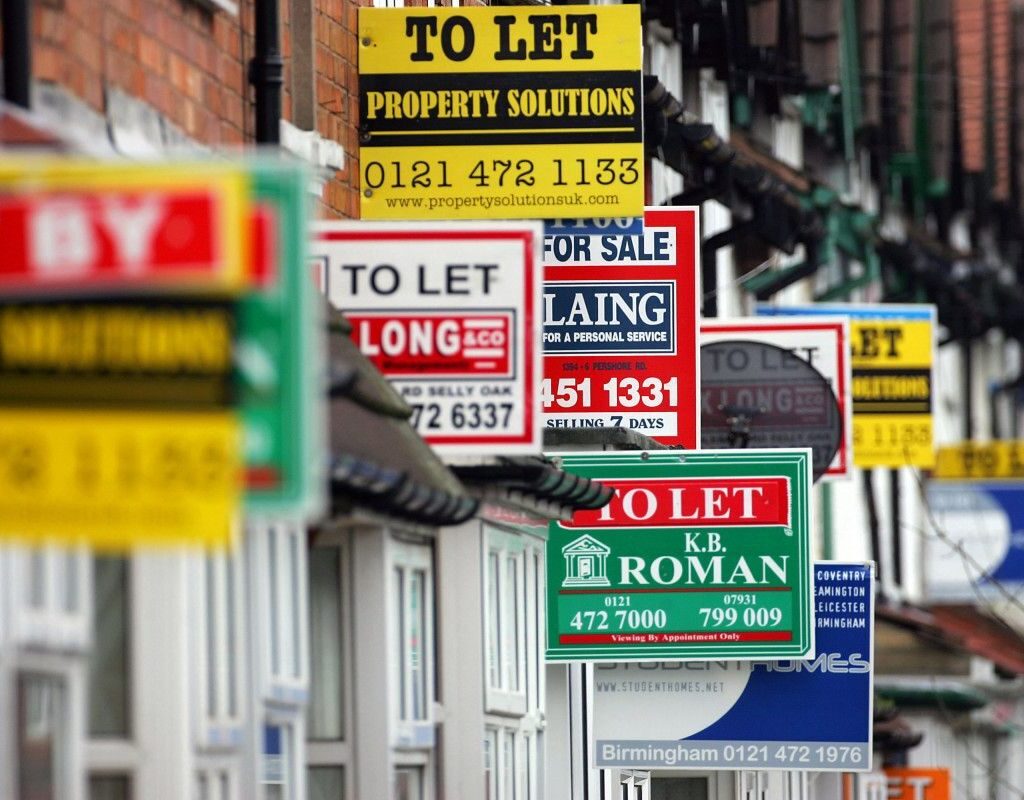
Finding the perfect place to live can feel like finding a unicorn – magical, beautiful, and (hopefully) not mythical. But before you get swept away by a charming facade and sparkling countertops, hold on a sec! Renting a property is a big decision, and one wrong move can leave you feeling like you’re stuck in a living nightmare (complete with leaky faucets and unresponsive landlords).
Fear not, intrepid renters! This guide equips you with the knowledge to spot red flags before you sign a lease and end up in a situation that’s more “yikes” than “yay.”
Warning Signs from the Property Owner
A good landlord is like a superhero – invisible when things are running smoothly, but a lifesaver when the plumbing explodes (hopefully, metaphorically speaking). Here’s what to watch out for in potential landlords:
- The Ghost Landlord: Can’t seem to get ahold of the landlord to schedule a viewing or ask questions? Imagine trying to reach them when the heat goes out in winter! Unappealing, right? A responsive landlord is crucial for a smooth renting experience.
- The “Fixes It Myself” (But Probably Shouldn’t) Enthusiast: Sure, a little DIY spirit is admirable, but major repairs are best left to professionals. Landlords who boast about fixing everything themself might be cutting corners, leading to bigger problems down the line.
- The Rent-Hike Houdini: Is the rent suspiciously low compared to similar properties? Be cautious! It could be a sign that the landlord plans to jack up the rent significantly after a short period, forcing you to move again. Ask about rent increase policies and get it in writing.
- The “Read the Fine Print… Maybe” Landlord: A lease agreement is a legally binding document. If the landlord seems hesitant to provide a copy or discourages you from reading it thoroughly, that’s a red flag.
- The Eviction Expert: A history of evicting previous tenants is a cause for concern. It might indicate a landlord who doesn’t prioritize tenant well-being or has a history of unfair practices.
Red Flags in the Apartment Itself

The place might look stunning in pictures, but don’t be fooled by appearances! Here’s what to scrutinize during a viewing:
- The Mystery Maintenance: Are there visible signs of neglect, like peeling paint, cracked tiles, or malfunctioning appliances? If the landlord hasn’t kept up with basic maintenance, it suggests they might not be proactive about fixing bigger issues that arise.
- The Unseen Odors: Hit with a strange smell upon entering? Trust your nose! Lingering odors could indicate mold, mildew, or plumbing problems. A stuffy, stagnant smell might suggest poor ventilation.
- The Critter Cacophony: Spotting signs of pests like cockroaches or mice during the viewing is a major red flag. Ask about the property’s pest control policy and whether you’ll be responsible for any future infestations.
- The Light-Deprived Dungeon: Does the apartment feel like a cave, devoid of natural light? Dim lighting can negatively impact your mood and energy levels. Prioritize a place with ample natural light or be prepared to invest in bright lamps.
- The Noisy Nightmare: Is the property located on a busy street or next to a construction zone? Consider your noise tolerance! Excessive noise can be disruptive and make it difficult to relax at home.
The Neighborhood Woes
Your living environment extends beyond the four walls of your apartment. Here’s what to consider about the surrounding neighborhood:
- The Crime Chronicles: Research the crime rates in the area. While a little caution is always wise, a neighborhood with a history of frequent break-ins or vandalism might not be the ideal place to call home.
- The Mystery of Missing Parking: Does the property offer parking, or will you be battling for street parking every evening? If parking is crucial for you, factor in the availability and cost of parking options before signing the lease.
- The Public Transportation Maze: If you rely on public transportation, ensure there are convenient bus stops or train stations nearby. Factor in commute times and the reliability of public transport options in your decision.
- The Construction Chaos: Is there major construction happening in the vicinity? Construction can mean dust, noise, and limited access to certain areas. Consider the duration of the project and its potential impact on your daily life.
- The Amenity Abyss: Does the neighborhood offer amenities that are important to you, like parks, gyms, or grocery stores? Living close to amenities can enhance your quality of life and save you time on errands.
Proactive Tips for Finding the Perfect Place

- Do Your Research: Before diving into viewings, research the average rent prices in the area. This helps you avoid getting scammed by overpriced properties.
- Read Online Reviews: Don’t underestimate the power of online reviews! See what past tenants have to say about the property and the landlord’s responsiveness.
- Trust Your Gut: Sometimes, a place just doesn’t feel right. If you have a nagging feeling of unease during the viewing, don’t ignore it. There are plenty of other fish (or should we say, apartments?) in the sea.
- Get Everything in Writing: Once you find a place you like, ensure all agreements – rent price, security deposit, maintenance responsibilities – are clearly outlined in a written lease agreement.
- Don’t Be Afraid to Negotiate: Rent prices aren’t always set in stone. Especially if you find minor issues during the viewing, don’t be afraid to negotiate the rent or request repairs before signing the lease.
Conclusion
Finding the perfect place to rent takes time, effort, and a keen eye for potential pitfalls. By familiarizing yourself with the warning signs and following these proactive tips, you can navigate the rental landscape with confidence and find a place that feels like home, not a headache. Remember, a little vigilance goes a long way in ensuring a smooth and enjoyable renting experience. Happy hunting!
You May Also Like….
- Get Fit From Home: The Beginner’s Guide to Building a Home Gym on a Budget
- The Ultimate Guide to Homeschooling Your Children
- A Guide to Successful Potty Training for Parents
FAQs
Q1: What should I do if I notice a problem with the property after I move in?
Inform the landlord immediately, preferably in writing. Document the issue with photos or videos and keep a record of your communication with the landlord. Most lease agreements outline the timeframe for repairs, so familiarize yourself with those clauses.
Q2: What if my landlord is unresponsive or unwilling to fix problems?
If your landlord is neglecting their responsibilities, you might have options depending on your location. Reach out to your local tenant rights organization for guidance. In some cases, you might be able to withhold rent until repairs are made.
Q3: Is it a good idea to pay a security deposit upfront?
Security deposits are standard practice in most rentals. However, ensure you receive a detailed receipt outlining the amount paid and the conditions for getting your deposit back in full at the end of your lease.
Q4: How long should a lease agreement typically be for?
Lease terms can vary depending on the property and location. Standard lease agreements are often for one year, but you might find options for shorter or longer terms as well. Choose a lease term that aligns with your needs and plans.
Q5: What are some additional things I should consider before signing a lease?
Think about pet policies (if you have furry friends!), guest restrictions, subletting options, and access to laundry facilities. Also, consider the overall vibe of the building and the potential for noise from neighbors. By considering all these factors, you can make an informed decision about your future living situation.


